John Oliver went on an epic 18-minute rant on Sunday's episode of Last Week Tonight, tearing through the injustices that permeate immigration courts.
Oliver explains that as terrifying as deportation is, immigration courts can make life hell for immigrants, due to their enormous power and the often life or death consequences that ensue from their rulings.
Oliver begins with footage of ICE agents conducting raids, adding that before immigrants are deported, they often end up in immigration court, where they are often forced to defend themselves against governmental policies which rarely work in their favor.
"There are around sixty of them all over the country, and hundreds of thousands of people go through them every year, pleading their case against deportation. They are hugely consequential, and the stakes in these cases can be incredibly high."
"No child should have to worry about whether they'll be murdered."
One girl, "Vanessa," was asked, "what would happen if we sent you home?" Her chilling reply was that "they're going to kill me. They're gonna kill me and they're gonna kill my family."
Oliver continued. "So this is a critical and potentially life and death process. Sadly, the system is a complete mess, and don't take that from me, take that from multiple and current immigration court judges." Former Arlington Immigration Court Judge Paul Scmidt emphasized Oliver's point.
"I think most people would be incredulous at what really happens in immigration court and what sometimes passes for due process."
Former Baltimore Immigration Court Judge John F. Gossart Jr. added to this sentiment.
"Our courts today are dysfunctional."
Judge Dana Leigh Marks of the National Association of Immigration Judges told PBS's News Hour:
"In essence, we're doing death penalty cases in a traffic court setting."
Oliver explains that increased immigration from Latin America, combined with stricter immigration law enforcement and a shortage of judges are the cause of "a massive backlog of cases." Backlogs, Oliver says, that result in hastily-dispensed justice and a complete lack of due process for defendants. The number of backlogged immigration cases has doubled since 2009 to more than 617,000. Wait times for court dates often stretch as long as five years, and defendants are left with little to no options except to wait. Years-long wait times can cause "evidence to go stale," and can often lead to witnesses disappearing before a case is heard.
Oliver also clarifies that immigration courts, like traffic courts, are civil courts, and only have the power to decide whether or not immigrants can stay in the country, regardless if they have never committed a crime.
Most importantly, defendants are not entitled to legal representation like they are in criminal courts. This leaves potential deportees with two options: go at it alone, or hire a lawyer they probably can't afford. Oliver points out that only 37 percent of defendants in immigration courts show up with an attorney.
Where immigrants live also has an effect on whether or not they get deported. As Last Week Tonight explains:
"The truth is, whether you have a lawyer or not, your odds of success to a frightening degree may be dictated by where you are. In San Francisco, immigrants are deported in 36 percent of cases. In Charlotte, the number jumps to 84 percent. In New York City, only 24 percent of cases result in deportation. In Atlanta, the rate is almost 90 percent."
Perhaps most alarmingly is the fact that immigration courts are part of the Department of Justice under the executive branch, which means they are "subject to changing political priorities." Potential injustices are amplified by Attorney General Jeff Session's ambivalence toward immigrants.
"Sessions has a weird amount of power over immigration courts. He can refer cases to himself, which means stepping in and personally reviewing decisions...the point here is, when you combine all of these factors—backlogged courts, lack of representation, and judges without full independence, you can have cases that don't even seem to resemble justice."
Oliver later concludes that change is needed, and needed now, because lives hang in the balance."
"The truth here is we are going to need big changes," says Oliver. "Ideally the biggest change would be to make the courts fully independent from the DOJ, which is something that can't happen overnight or, under this particular congress, probably at all. But at the very least we should absolutely fix the stupidest problem of all, which is that nobody, particularly children, should have to represent themselves in these courts — because children do not understand the law."

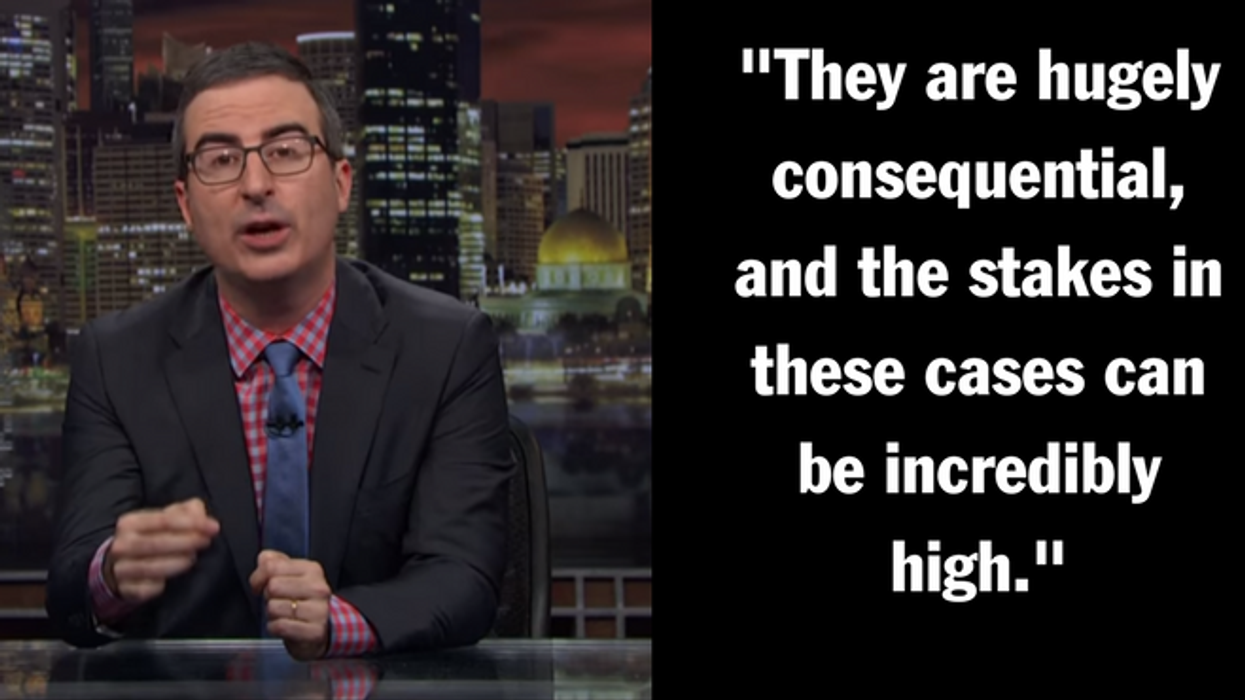












 @JoaquinCastro/X
@JoaquinCastro/X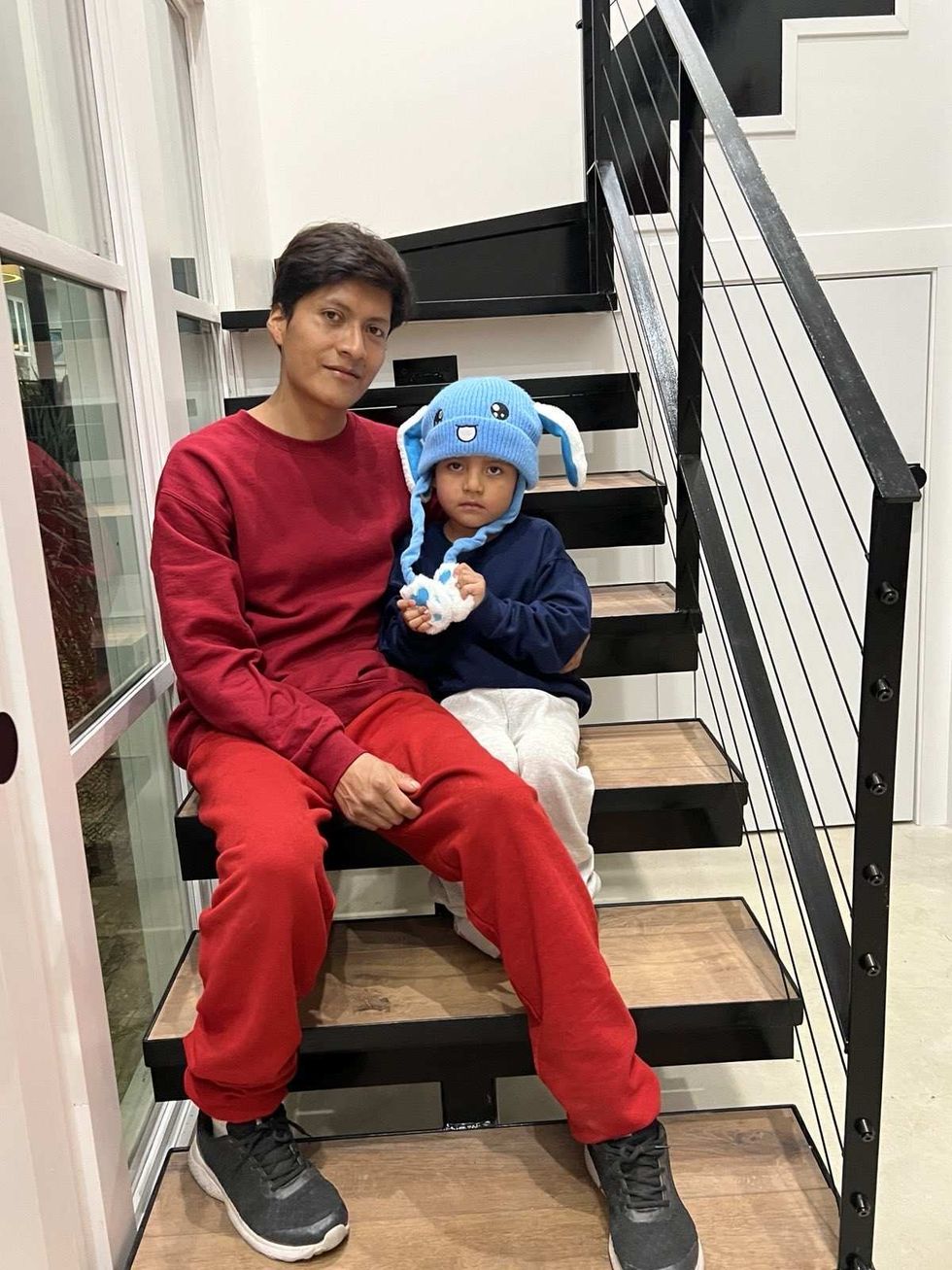 @JoaquinCastro/X
@JoaquinCastro/X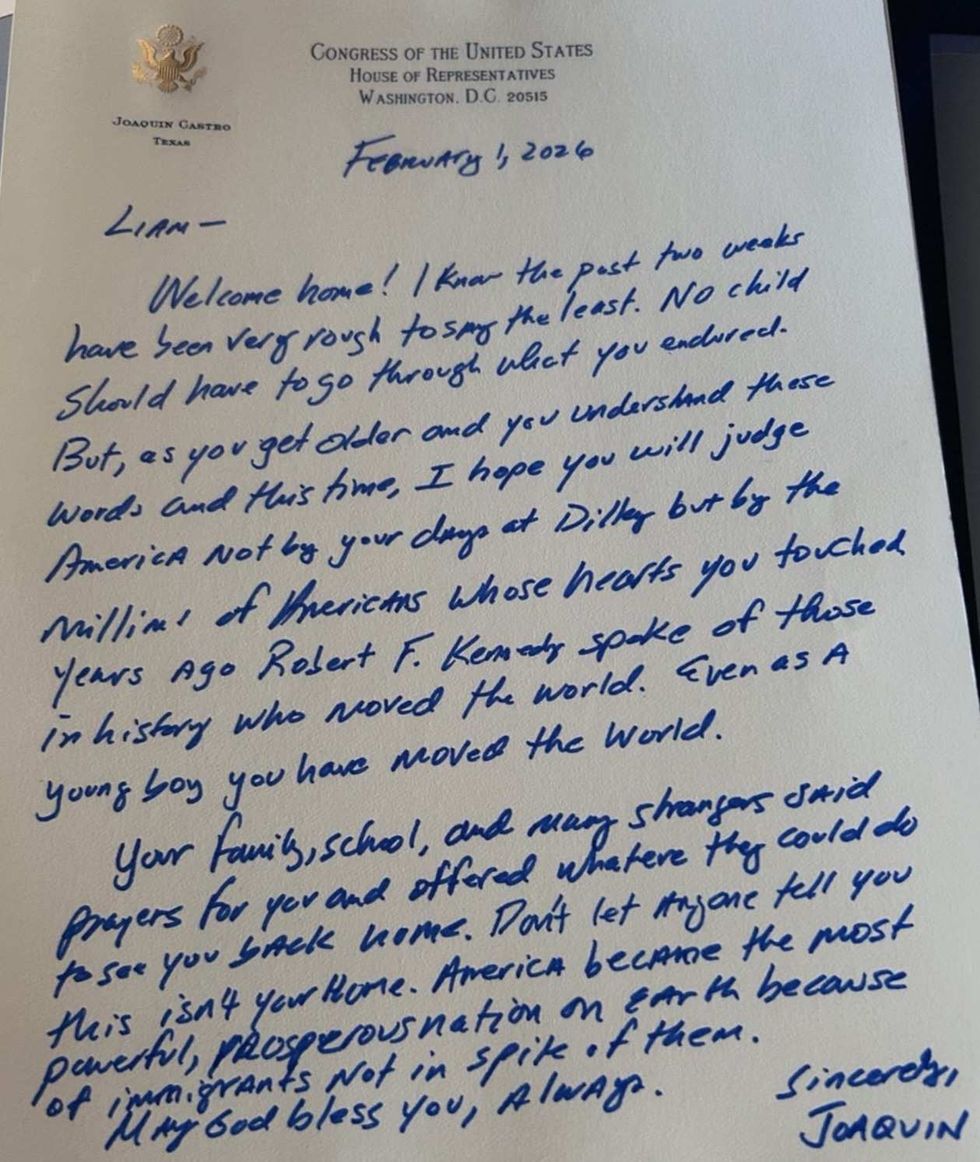 @JoaquinCastro/X
@JoaquinCastro/X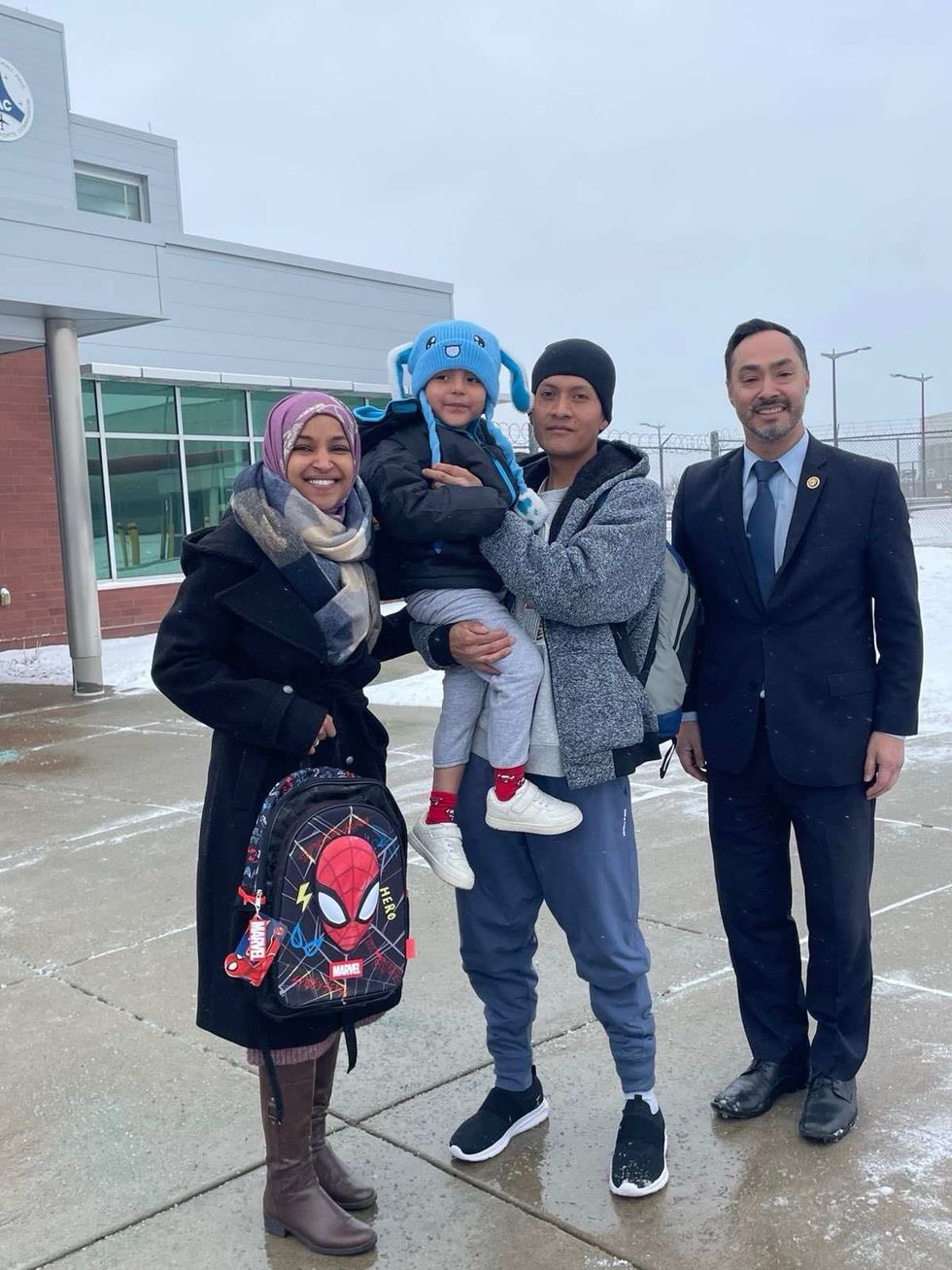 @IlhanMN/X
@IlhanMN/X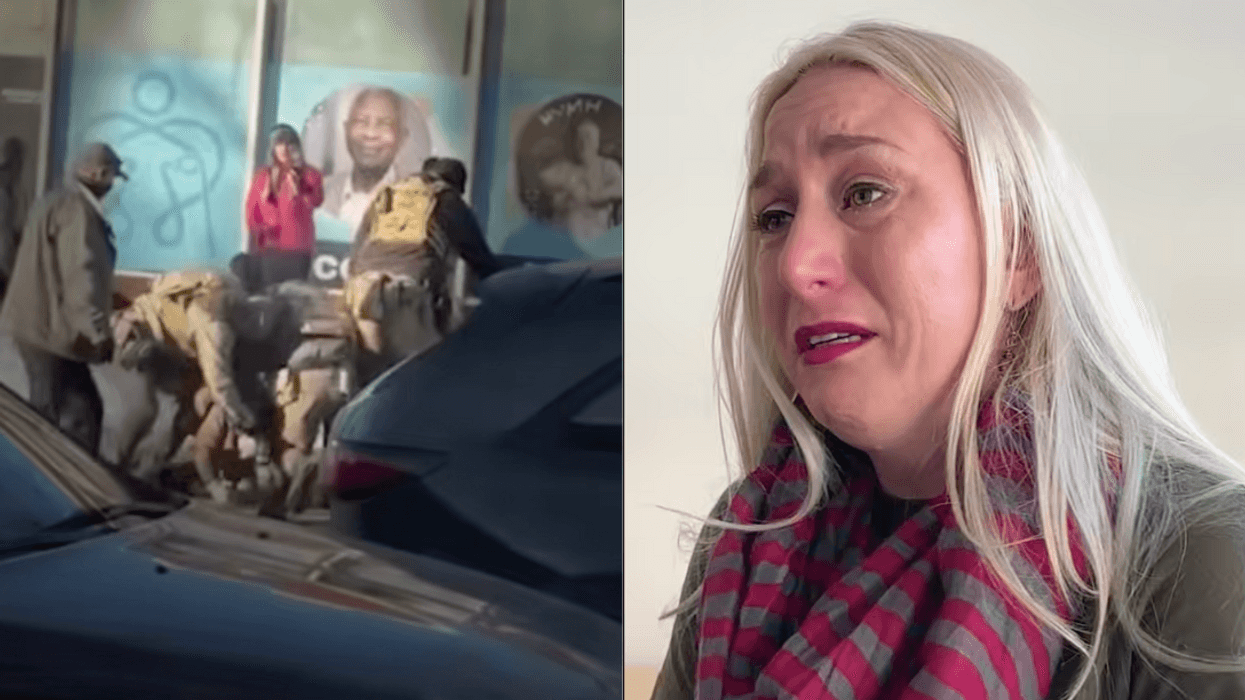
 @sarahgoodloe7407/YouTube
@sarahgoodloe7407/YouTube @moonwillow2010/YouTube
@moonwillow2010/YouTube @lorigesch1295/YouTube
@lorigesch1295/YouTube @Bruce-bc8nc/YouTube
@Bruce-bc8nc/YouTube @abcd_efg-j8q/YouTube
@abcd_efg-j8q/YouTube @walkerhornby7331/YouTube
@walkerhornby7331/YouTube @Hi_Im_Akward/YouTube
@Hi_Im_Akward/YouTube @TattooedGranny/YouTube
@TattooedGranny/YouTube @ericadelgado6790/YouTube
@ericadelgado6790/YouTube
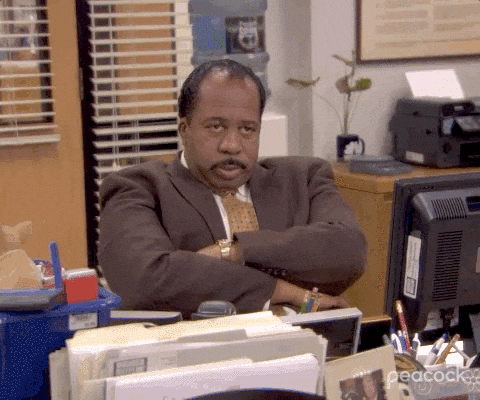 Bored Season 5 GIF by The Office
Bored Season 5 GIF by The Office  music video britney spears toxic GIF
music video britney spears toxic GIF  Go Away No GIF by BLK
Go Away No GIF by BLK  Wiz Khalifa Smoke GIF
Wiz Khalifa Smoke GIF 